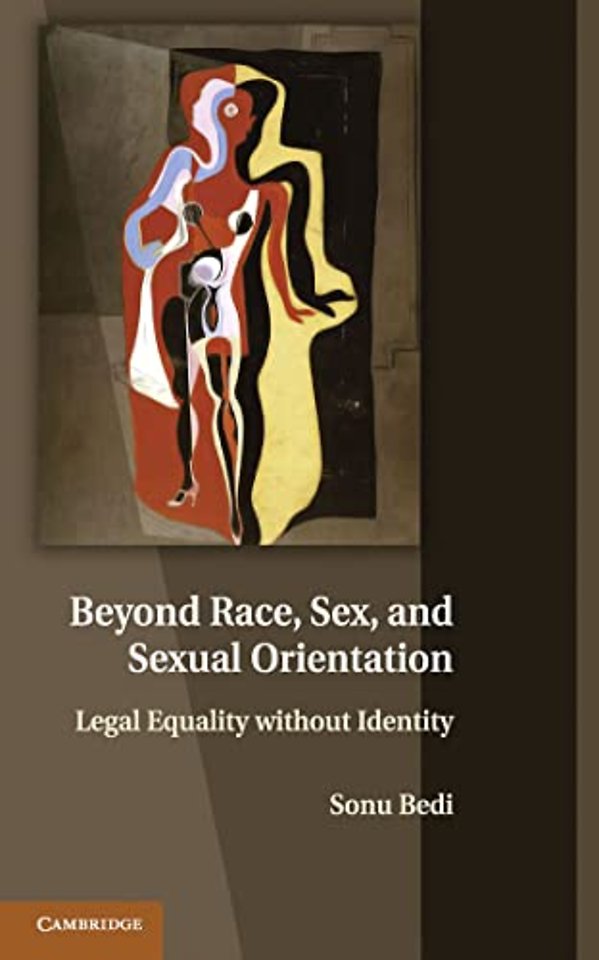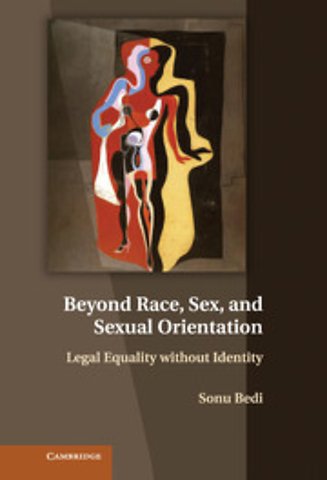Beyond Race, Sex, and Sexual Orientation
Legal Equality without Identity
Samenvatting
The conventional interpretation of equality under the law singles out certain groups or classes for constitutional protection: women, racial minorities, and gays and lesbians. The United States Supreme Court calls these groups 'suspect classes'. Laws that discriminate against them are generally unconstitutional. While this is a familiar account of equal protection jurisprudence, this book argues that this approach suffers from hitherto unnoticed normative and political problems. The book elucidates a competing, extant interpretation of equal protection jurisprudence that avoids these problems. The interpretation is not concerned with suspect classes but rather with the kinds of reasons that are already inadmissible as a matter of constitutional law. This alternative approach treats the equal protection clause like any other limit on governmental power, thus allowing the Court to invalidate equality-infringing laws and policies by focusing on their justification rather than the identity group they discriminate against.
Specificaties
Inhoudsopgave
Net verschenen
Rubrieken
- aanbestedingsrecht
- aansprakelijkheids- en verzekeringsrecht
- accountancy
- algemeen juridisch
- arbeidsrecht
- bank- en effectenrecht
- bestuursrecht
- bouwrecht
- burgerlijk recht en procesrecht
- europees-internationaal recht
- fiscaal recht
- gezondheidsrecht
- insolventierecht
- intellectuele eigendom en ict-recht
- management
- mens en maatschappij
- milieu- en omgevingsrecht
- notarieel recht
- ondernemingsrecht
- pensioenrecht
- personen- en familierecht
- sociale zekerheidsrecht
- staatsrecht
- strafrecht en criminologie
- vastgoed- en huurrecht
- vreemdelingenrecht

